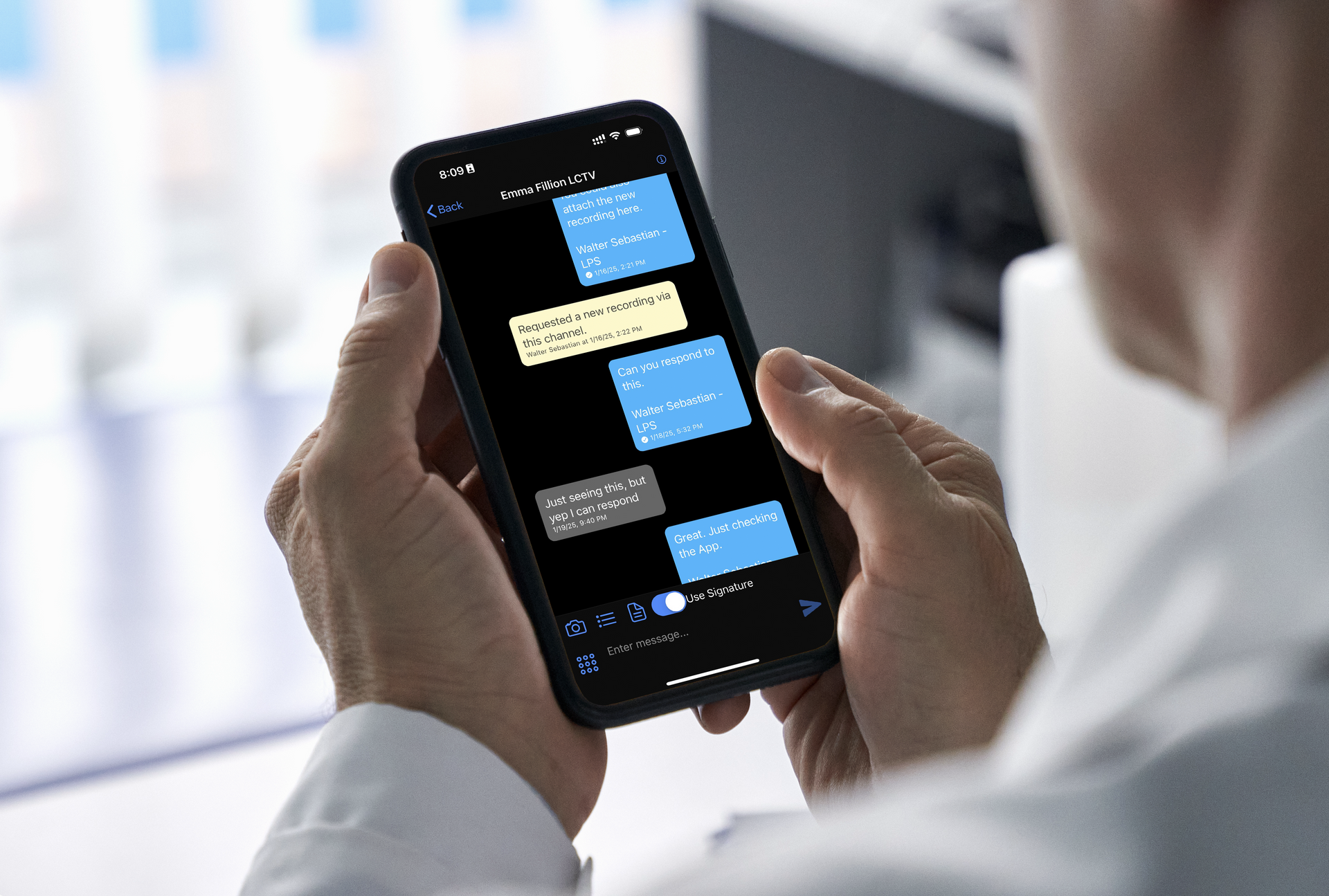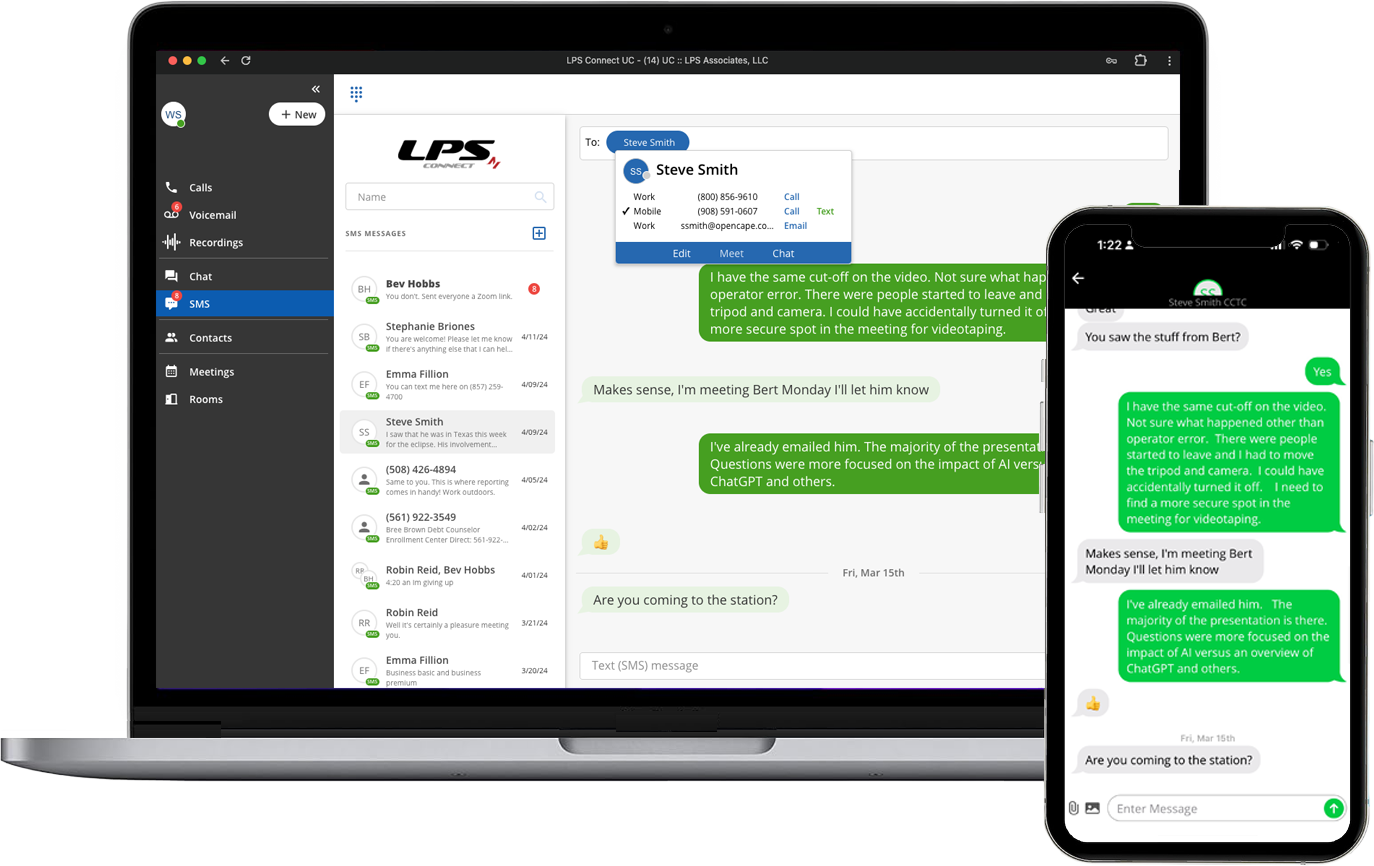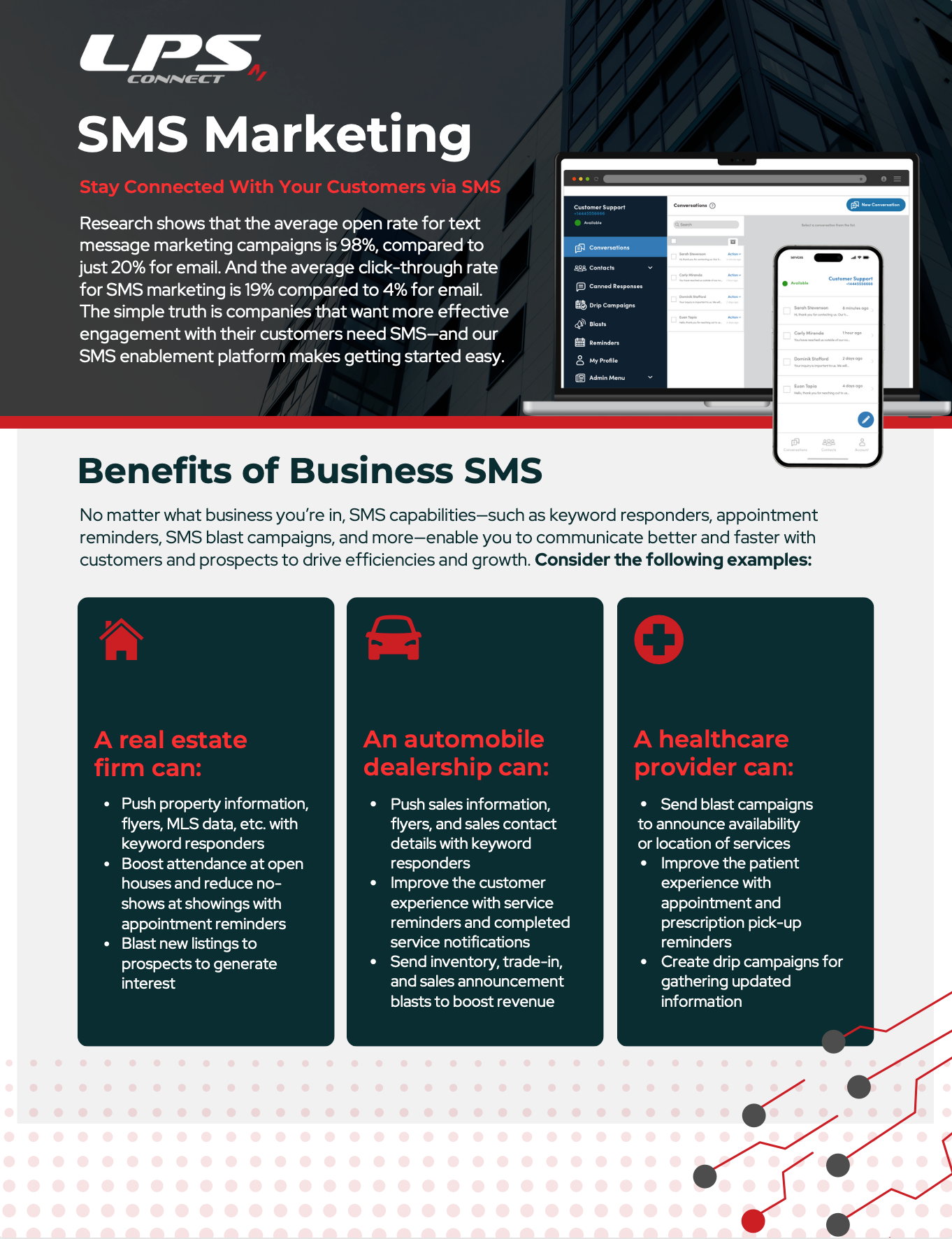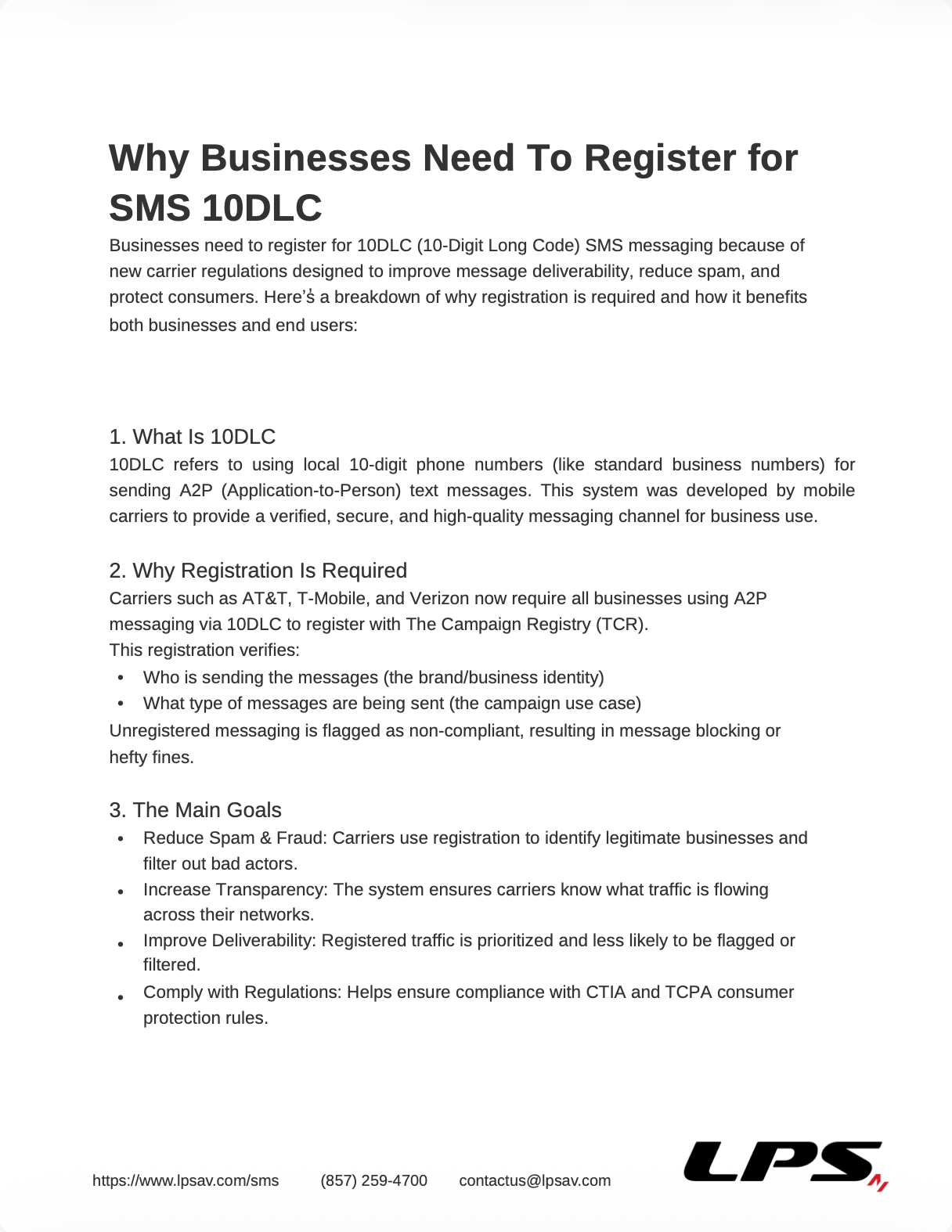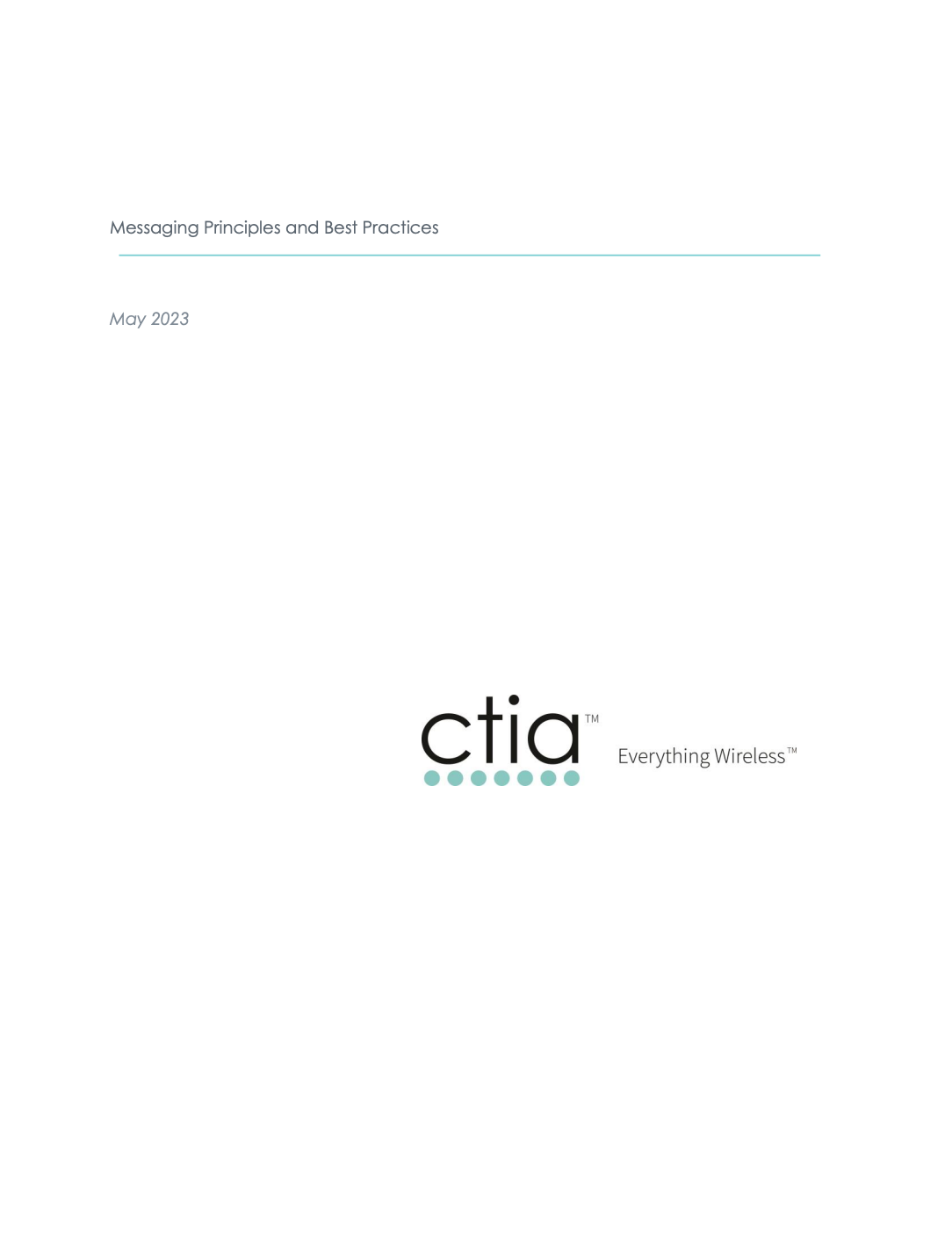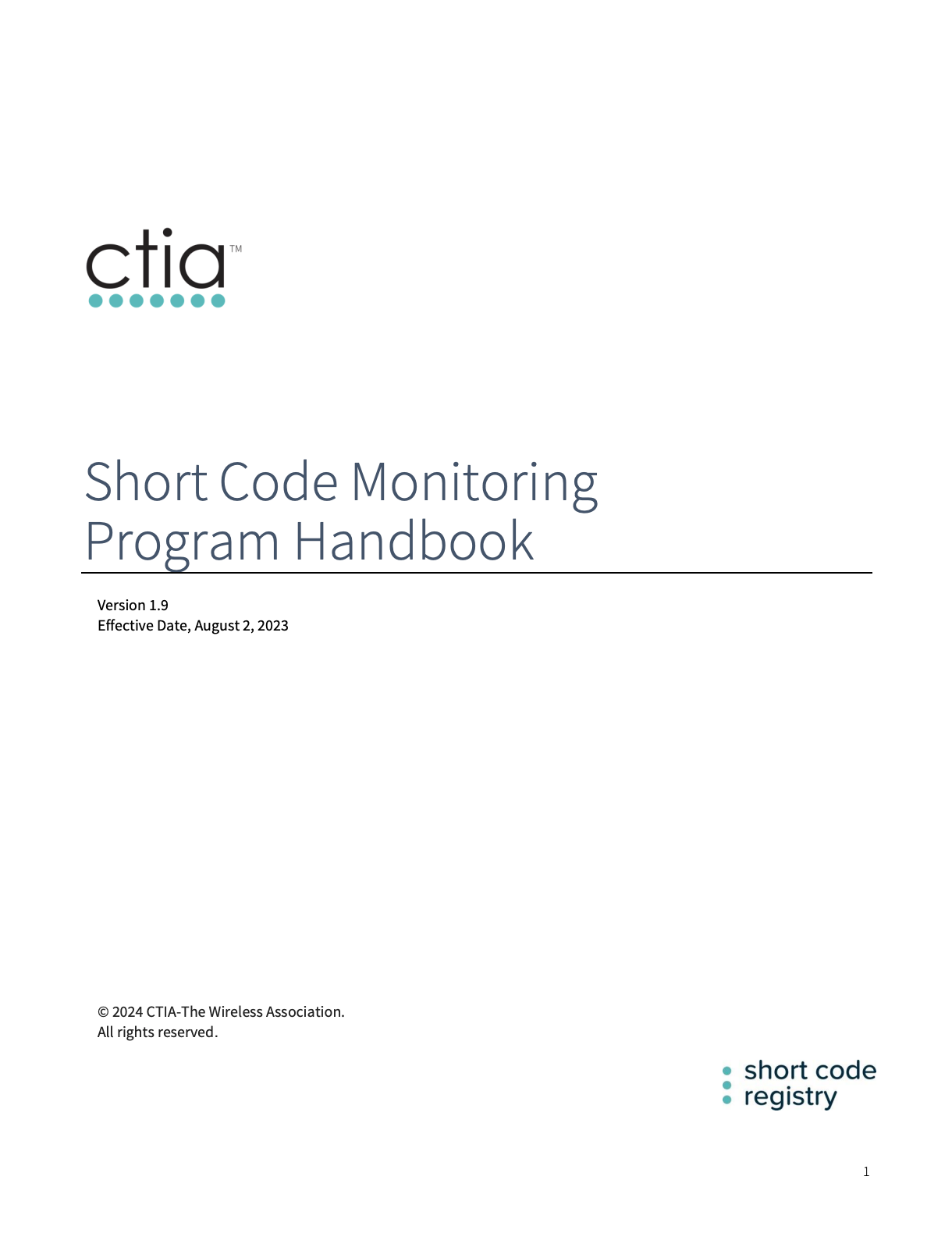The Preferred Communications Medium
In today’s digital world, where dozens of communication channels compete for attention, SMS texting stands out as one of the most effective and widely preferred methods for connecting with people — whether it’s between individuals or between businesses and customers.
Why has something as simple as an SMS text message become so powerful?
It’s Everywhere and Works for Everyone
SMS is universally compatible. It works on nearly every mobile device, from basic flip phones to the latest smartphones — no app downloads, logins, or data plans needed. If a person has a cell phone, they can receive a text.
This makes SMS one of the most inclusive communication tools available.
It’s Fast and Simple
Text messages are delivered instantly and are incredibly easy to read and respond to. There’s no lengthy email formatting, and no need to navigate voicemail trees. It’s straight to the point.
That’s why businesses use SMS for everything from appointment reminders to real-time alerts.
People Actually Read Their Texts
Here’s where SMS really shines:
- 98% of texts are opened
- 90% are read within 3 minutes
- Response rates are up to 45%, compared to 6% for email
In short, if you want your message to be seen — and acted on — texting is the way to go.
It’s Attention-Grabbing but Not Intrusive
Unlike a phone call, a text message doesn’t demand your immediate time or full attention. People can read and respond at their convenience — and yet most still respond quickly.
This balance of urgency and respect makes texting a more welcome form of communication.
Great for Personalization and Automation
Modern SMS platforms let businesses:
- Segment customers
- Send tailored messages
- Automate campaigns
- Integrate with CRM tools
This means personalized, timely communication at scale — without feeling spammy or robotic.
It Fits Our Mobile-Centric Lives
We’re all glued to our phones. Texting fits naturally into how we already live and communicate. With smartphones, SMS can link to web pages, deliver promotional codes, support customer service, and even enable two-way conversations with businesses.
It’s Trusted and Regulated
Thanks to recent regulations like 10DLC registration and opt-in rules, SMS has become a more trustworthy channel. Users feel safer interacting with verified business numbers, and spam is reduced.
That regulatory clarity helps build consumer confidence.
It Works for Almost Everything
From small businesses to large enterprises, SMS is used for:
- Appointment reminders
- Delivery and order updates
- Customer service chats
- Marketing promotions
- Security verifications (2FA)
- Event confirmations and surveys
Whatever the need, SMS is versatile enough to handle it.
The Bottom Line
In a world full of noise, SMS cuts through. It’s quick, accessible, reliable, and most importantly — it works. For businesses, it’s one of the most cost-effective ways to engage with customers. And for users, it’s a familiar, easy-to-use form of communication that fits seamlessly into daily life.
Texting isn’t just surviving in the digital age —
it’s thriving.
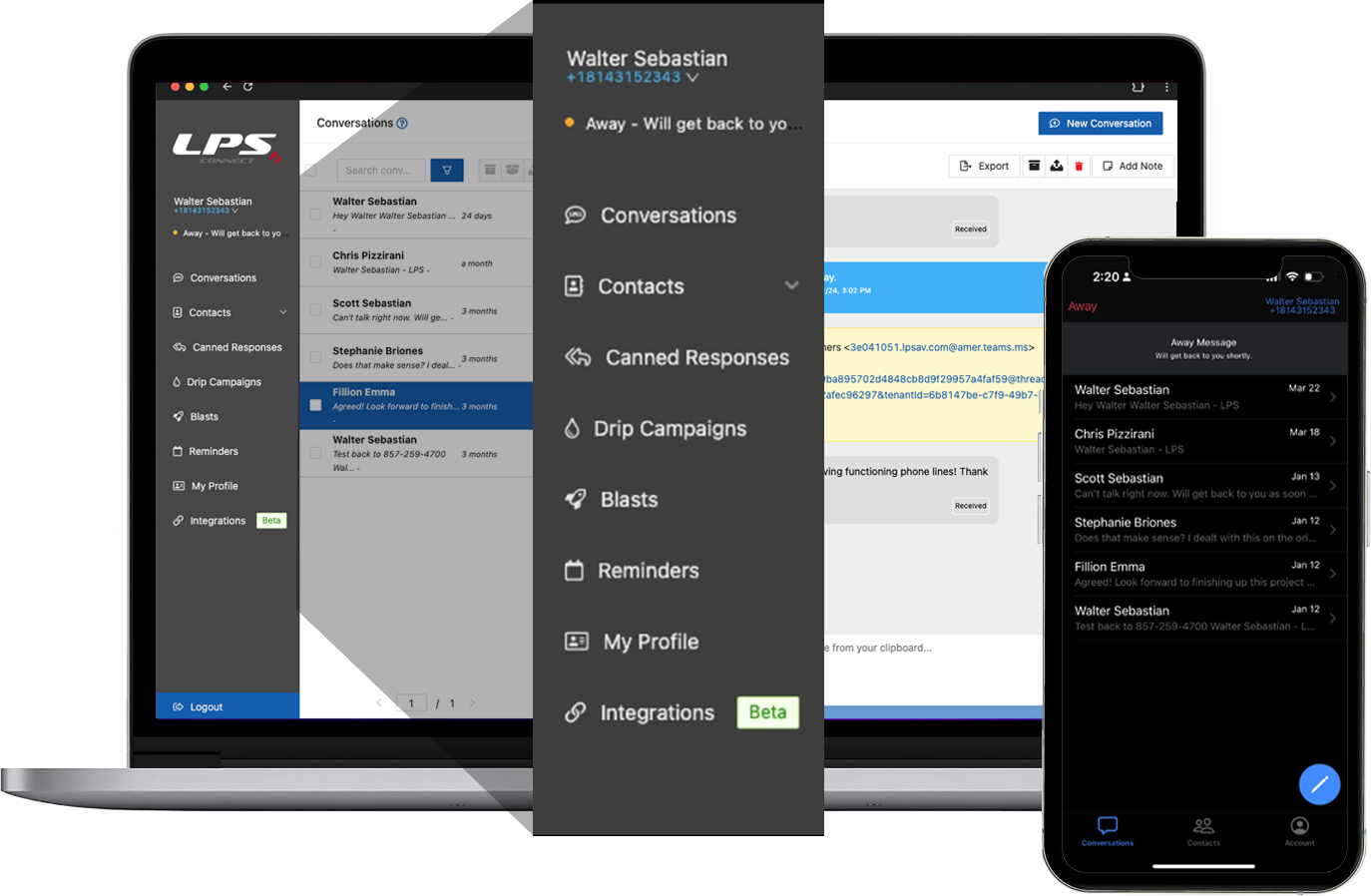
Our SMS product for Groups offers capabilities—such as shared numbers, keyword responders, appointment reminders, SMS blasts, drip campaigns, and more—enabling you to communicate better and faster with customers and prospects to drive efficiencies and growth.
Texts can be sent one-to-one and one-to-many in multiple conversations.
A2P/10DLC Business SMS/MMS Texting
What is 10DLC?
The Cellular Telecommunications Industry Association (CTIA), in conjunction with wireless service providers, adopted “Messaging Principles and Best Practices” as an industry standard to Protect Consumers from robo-texts or unwanted messages, particularly from high-volume messaging traffic. With this intent in mind, the industry made a distinction inthe handling of “consumer” Person to Person (P2P) and “Non-Consumer” Application to Person (A2P) messages via 10 Digit Long Code (10DLC).
A business line with a local area code, or 10 Digit Long Code, is now considered a carrier- sanctioned messaging channel to communicate with consumers, thereby classifying business lines as A2P. The CTIA defines A2P messaging as non-consumer messaging from a business, organization, or entity that uses messaging to communicate with Consumers. Therefore, all messaging traffic from your business to your consumers is considered A2P.
Who regulates it?
Beginning in 2020, Verizon, AT&T, T-Mobile, and other major mobile network operators (MNOs) began launching their own 10DLC programs designated for business-to-consumer (A2P) messaging over local phone numbers. These programs were created by following CTIA guidelines with the intention of stopping unwanted messages to consumer devices. Unlike other messaging compliance mandates that are regulated by the FCC, the 10DLC initiative is exclusively regulated and managed by the major MNOs. The MNOs have appointed The Campaign Registry (TCR) to manage 10DLC registration, with the requirement that each business organization who wants to send text messages must register a Brand and Campaign with TCR.
Effective November 1st, 2021, the major MNOs and TCR implemented their A2P/10DLC initiatives, including the enforcement of penalty fines for not following their guidelines. To avoid these steep penalties for each violation occurrence, 10DLC registration is now required for all SMS-enabled number messaging.

